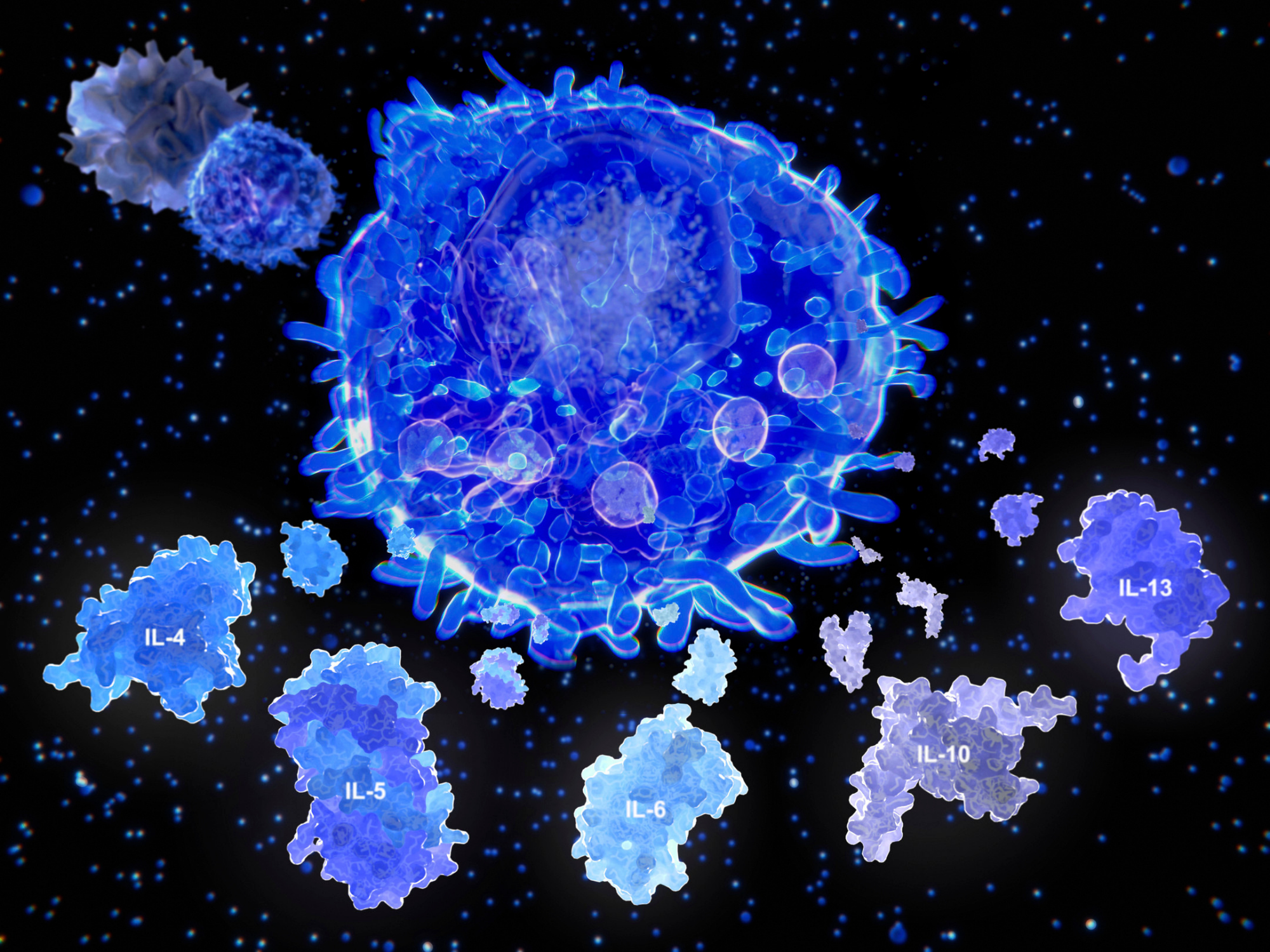The release of the Covid-19 vaccination has been celebrated and criticised across the world, with some noting the success rates while others state it has simply been developed too fast.
While the side-effects of the vaccine continue to be monitored, the European Medicines Agency has issued an update on the AstraSeneca Covid vaccine: “The cases of Guillain-Barre Syndrome reported following vaccinations is on the rise.”
What is Guillain-Barre syndrome?
A rare but potentially serious condition, Guillain-Barre Syndrome is an autoimmune neurological disorder, where an individuals body begins to attack its own immune system. Damaging nerve cells, GBS can cause muscle weakness, paralysis and respiratory distress.
Of course, GBS can be a life-threatening condition with approximately 15% of sufferers developing difficulty in breathing movement, requiring prompt hospitalisation and temporary support from a ventilator.
The rate and extent of recovery from GBS is highly variable. Some individuals struggle to walk independently, while others experience delayed motor recovery.
Links to Covid-19
Towards the beginning of September, the UK had reported almost 400-cases of Guillain-Barre Syndrome following an AstraZeneca vaccination. This has prompted investigations into whether the reports are related to the jab, or if they would have been expected to occur anyway.
A research team – known as the International GBS Outcome Study – monitored around 49-patients from China, Denmark, France, Greece, Italy, the Netherlands, Spain, Switzerland and the UK. The study found that 22% of patients were all over 50-years old, and had a preceding Covid infection. Researchers stressed they didn’t find more patients diagnosed with GBS during the first four-months of the pandemic, compared to previous years.
While there was no strong link found between Covid and GBS, a Covid-19 infection could lead to patients developing Guillain-Barre Syndrome.
The vaccine by Johnson & Johnson has been linked to a small increase in the risk of GBS; with symptoms beginning within 42-days of the first dose. Fortunately, the EMA has concluded: “Based on the assessment of these data and taking into account neurological expert advice, PRAC concluded that a causal relationship between AstraZeneca vaccine and GBS is considered at least a reasonable possibility.
“It can be treated and most people will eventually make a full recovery.”
The complications of the autoimmune disease, means the recovery depends on the individual and the management and neurorehabilitation carried out by expert teams. NRC Medical Experts believe that individuals living with the debilitating complications of GBS should be offered neurorehabilitation to reduce the impact on their quality of life.

